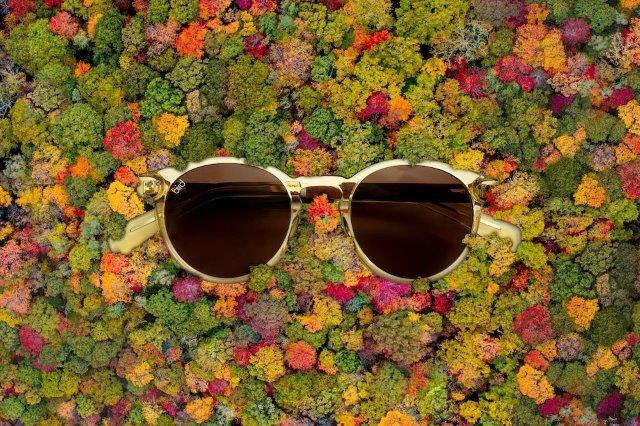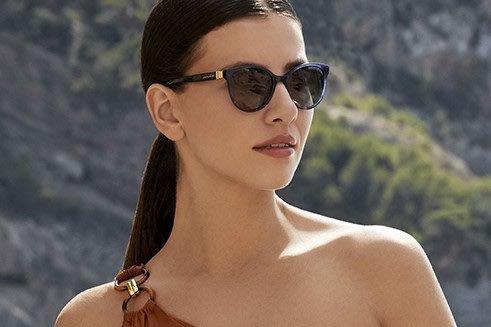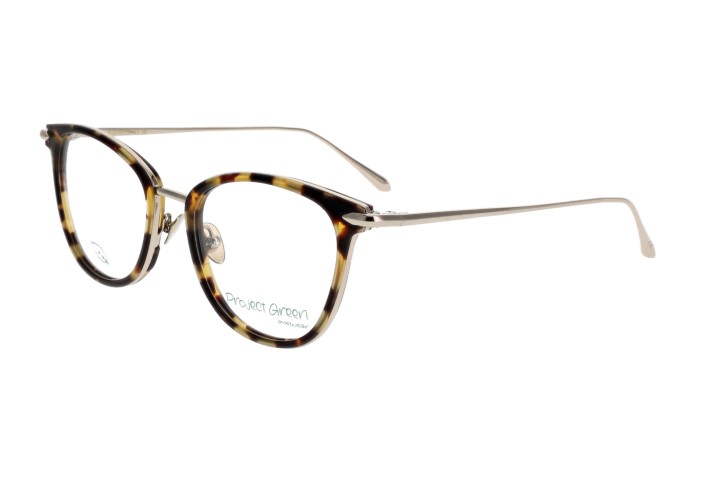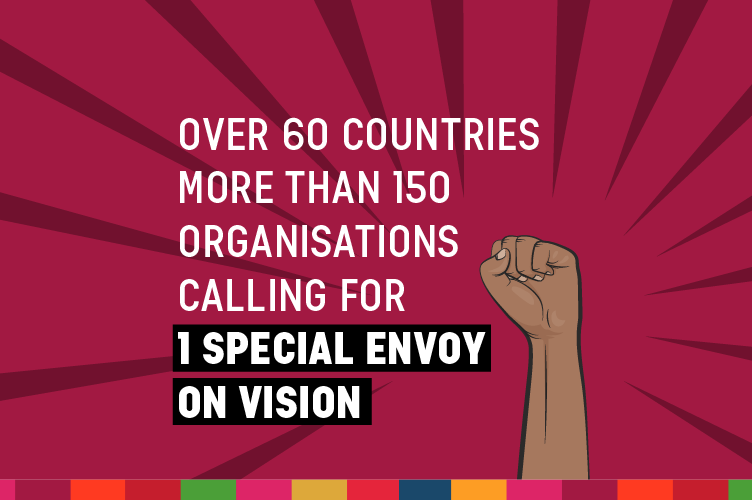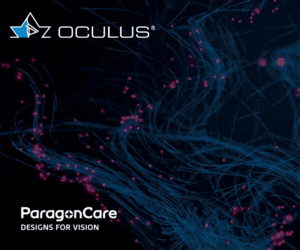No animals were harmed in the making of this frame!
The march of veganism continues to sweep more people into a cruelty-free lifestyle while shaking off the antiquated associations of dreadlocks and lentils to become the norm for the ‘urban woke’.
It is estimated 1% of the world’s population is now vegan, with the biggest collectives in the UK, North America, India, Australia and New Zealand. The Vegan Society of Aotearoa New Zealand estimates 3% of Kiwis are ‘pure vegan’ with 15% falling into vegetarian and flexitarian (someone with a primarily vegetarian diet which occasionally includes meat or fish) categories.
Veganism is not without its critics. UK home secretary Suella Braverman recently blamed civil unrest on the “tofu-eating wokerati”, while New Zealand First MP Shane Jones famously said veganism “must be stopped in its tracks” to save the nation’s meat and dairy industries. Air New Zealand was also slammed by Jones’ party colleague MP Mark Patterson for supplying vegan burgers on its flights. But business is business and you’d have to be mad not to pursue the vegan dollar.
In 2021, the global vegan market was worth US$16bn and is projected to reach US$22bn by 2025, according to online market and consumer data company Statista. The Vegan Society UK’s 2021 ‘Rise of Vegan Fashion’ report noted 47% of respondents wanted more vegan fashion choices, with almost 20% stating they specifically wanted more vegan glasses. It cited Vogue, which reported the demand for vegan fashion products in the UK and US had risen by 258% during 2019. Vegans are a small, but growing, loud and generally affluent group who are values-based, loyal and young. Catch a vegan now and you could have their custom for life.
I’m an optometrist, not a chef!
It’s a common misconception that veganism is all about food, when it’s more a philosophy for living. It was a Brit, Leslie Cross, who in 1949 defined veganism as seeking “an end to the use of animals by man for food, commodities, work, hunting, vivisection and all other uses involving exploitation of animal life by man.”
The definition has since evolved but the principle remains the same – vegans don’t use animals for anything unless it is completely unavoidable. It’s a lifestyle choice, rendering products such as wool, propolis (a bee product) and animal-derived glycerine off limits. Veganism requires vigilance, with animal products popping up in unexpected places such as LED TV screens (cholesterol), fabric softener (tallow) and even sugar (bone char). Most vegan consumers are either well-schooled on what to avoid or are willing to do the hard yards and find out. You can’t pull the wool over their eyes (pun completely intended).
Eco-friendly vs vegan
Many practices offer eco-friendly frames these days, knowing there is a growing market for them. Mintel’s 2021 Optical Goods Retailing Report stated, “Covid-19 has made many consider the impact their habits have on the environment, suggesting it is now a higher priority for many consumers than before the pandemic.”
Alberto Macciani, global head of marketing for Safilo Group, agrees there has been a shift among many companies. In March 2022 he told Optometry Today, “A sustainable approach is at the top of all corporate agendas. For a company, being sustainable is no longer just the right and convenient choice to make in order to respond to new market demands but must become the default choice to protect its business and society.”

Made from recycled plastic fishing nets Sea2see eyewear
is also vegan certified
US-based Panda Sunglasses has produced its stylish product from eco-friendly bamboo since 2011. The company is a member of 1% for the Planet and a partner of One Tree Planted. “Growing up in a Chinese household, we would import a lot of things made from bamboo, the most commonly used wood in China,” says Vincent Ko, one of the company’s founders.
But while eco-friendly and vegan philosophies overlap, many sustainable products’ natural materials won’t get the vegan seal of approval if those materials are animal-derived. “Panda sunglasses are not vegan. We use beeswax as a frame sealant for waterproofing – it’s an environmentally safe alternative to bisphenol A (BpA). When it comes down to the choice between being environmentally friendly and non-toxic vs being vegan, WearPanda lands on the non-toxic side of the issue.”
Other stealthy animal nasties include gelatine to strengthen metals, or animal-based glue products. German brand Hoffman Natural Eyewear primarily uses Asian water buffalo horn to make frames. Although they only collect the horn from animals which died naturally, vegans would still balk at wearing the product. Meanwhile, British brand Cubitts has been experimenting with frames made from recycled materials including wool and human hair, both of which are sustainable but would not be palatable to a vegan. Other business models include upcycling vintage glasses, many of which contain products such as genuine tortoiseshell or casein, a milk protein.
Know thy products
For every company like Panda Sunglasses, choosing the sustainability moral high ground, there are others which have done their homework in finding vegan alternatives to BpA, such as soy wax, which could easily be used without interfering with bees. Veganism has been cited by many organisations, from Stanford University to Worldwatch Institute, as one of the solutions to climate change. As a result, eco-warriors will often also be pro-animal activists.
Vegan options are a great way to future-proof your customer base and, thankfully, their availability is increasing. Leading optical frames manufacturer Inspecs has been working with the brands it supplies to develop products appropriate to this discerning customer base, while Sea2See has secured vegan certification from People for the Ethical Treatment of Animals (PETA). Pala eyewear is now made from biodegradable acetate and all frames are vegan and cruelty-free.

Plant-based Pala Eyewear
British startup Bird Eyewear uses vegan and cruelty-free materials in all its frames and was the first B-Corp-certified (a designation bestowed on a business meeting high standards of verified performance, accountability and transparency) UK eyewear brand. “For us, making sustainable eyewear means understanding our entire supply chain, where raw material is sourced and its end-of-life impact,” says co-founder Ed Bird. “Our frames use certified woods, recycled aluminium and bio-acetate. We only use plant-based dyes and we make our cleaning cloths from recycled plastic bottles. Our main goal is to produce a product that has as little impact on the planet as possible.”
If you go down this route, supply chain provenance is essential – the key to winning the heart of a vegan is to stock a few carefully curated products and know them well enough to answer their questions. Today’s buyer wants to know a product’s origin and the ethics behind every screw. Ask your distributor the important questions so you can confidently pass this knowledge on. Your customers want good quality and style at the right price – and, for a growing number of people, that price doesn’t include sacrificing the planet or the animals we share it with.

Freelance writer Jai Breitnauer divides her time between New Zealand and the UK. She lives with her husband and two children in Bristol and is a regular contributor to NZ Optics.










